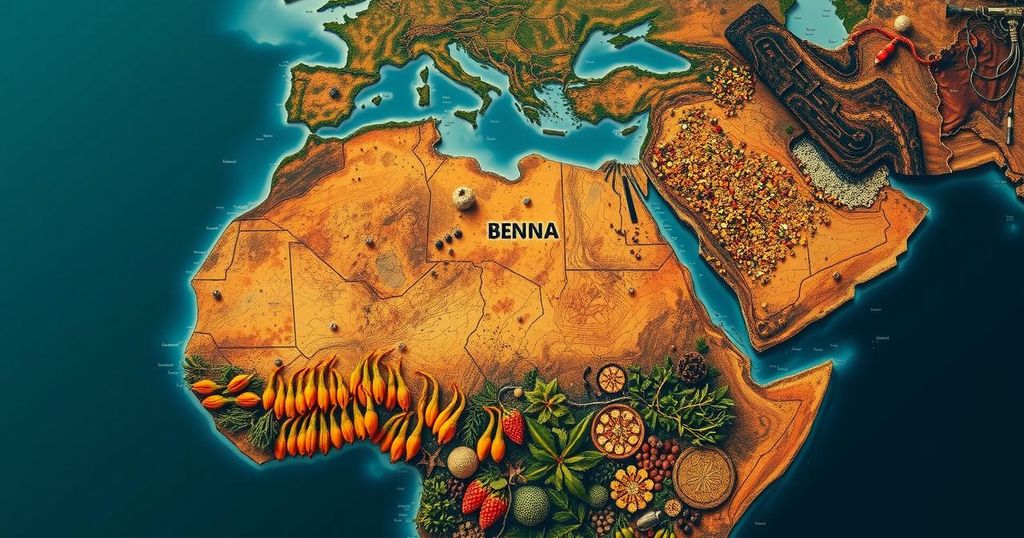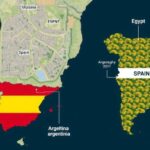The Economic Landscape of Benin: A Historical and Contemporary Overview
Benin’s economy has historically relied on foreign support, particularly from France, while undergoing significant transformations towards socialism and later liberalization. Despite efforts, corruption and inefficiencies hinder progress. Agriculture employs 70% of the workforce, producing a variety of staples and cash crops. The economy faces challenges including a negative trade balance yet holds potential through its port and a gradually developing manufacturing sector.
The economy of Benin has undergone significant transformations since achieving independence, heavily relying on international support, predominantly from France. The military regime that seized power in 1972 attempted to enact a socialist framework, nationalizing many sectors and fostering relationships with other socialist entities. However, despite initial restructuring, the nation faced persistent corruption, leading to an ineffective economy. The move towards liberalization in the mid-1980s and a subsequent shift towards privatization in the early 1990s marked a turning point.
Benin’s natural resources include tropical hardwoods, various minerals, and offshore oil discovered in the late 1960s. With approximately 70 percent of its workforce engaged in agriculture, the country is self-sufficient in staple food production, including yams and cassava, while also rising in cash crops like cotton and cocoa. The fishing industry is also notable, contributing significantly to the economy through both lagoon and coastal fishing.
The manufacturing sector encompasses palm oil processing and textile production, while energy needs are largely met through imported electricity, supplemented by domestic thermal generation. Financial reforms in the late 20th century prompted the establishment of private banking institutions, while foreign aid has continued to support developmental projects within Benin.
Trade dynamics reveal reliance on agricultural exports to countries such as India and Malaysia, countered by a negative trade balance with substantial informal trade occurring with Nigeria. Benin’s transportation infrastructure is considerably limited to a few paved roads and a singular railway, leading to challenges in logistics and connectivity. The main port at Cotonou plays a crucial role in trade, while air travel remains an option for international linkages.
The economy of Benin reflects a complex interplay of historical decisions and contemporary challenges, illustrating the ongoing need for reform and investment.
Since its independence, Benin’s economy has significantly depended on external financial support to alleviate pervasive poverty and economic stagnation. The attempt to transition towards a socialist economy in the 1970s initially aimed at reducing dependency on France but stumbled due to corruption and inefficiency. The subsequent pivot towards liberalizing the economy and privatization has been crucial in redefining its economic landscape.
In summary, Benin continues to navigate a complex economic environment characterized by a historical dependency on foreign aid, varied agricultural outputs, and ongoing structural reforms. The interplay between trade, manufacturing, and agricultural sectors remains pivotal as the nation strives for self-sufficiency and reduced reliance on external assistance, alongside improving its infrastructure and energy generation capabilities.
Original Source: www.britannica.com








Post Comment